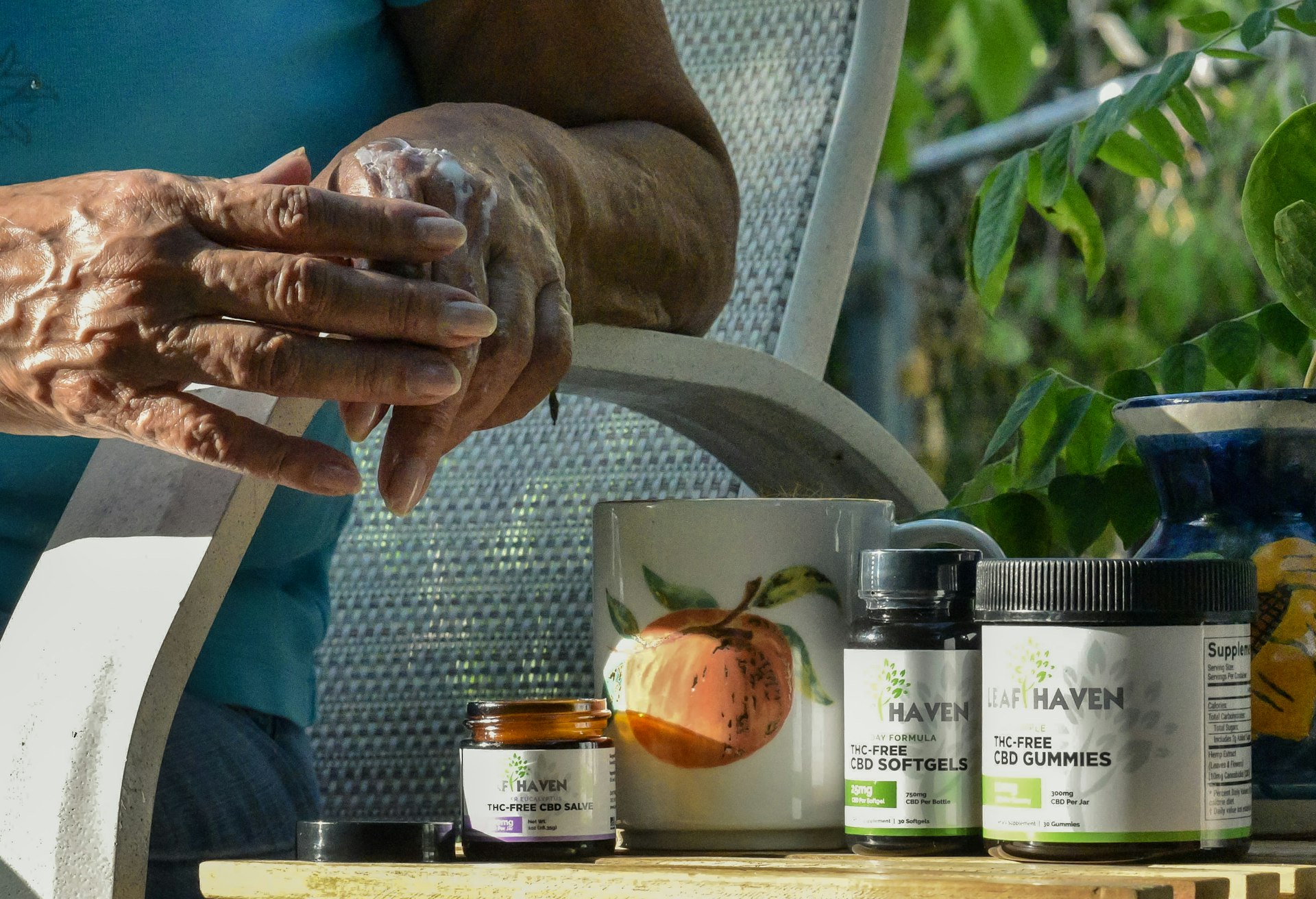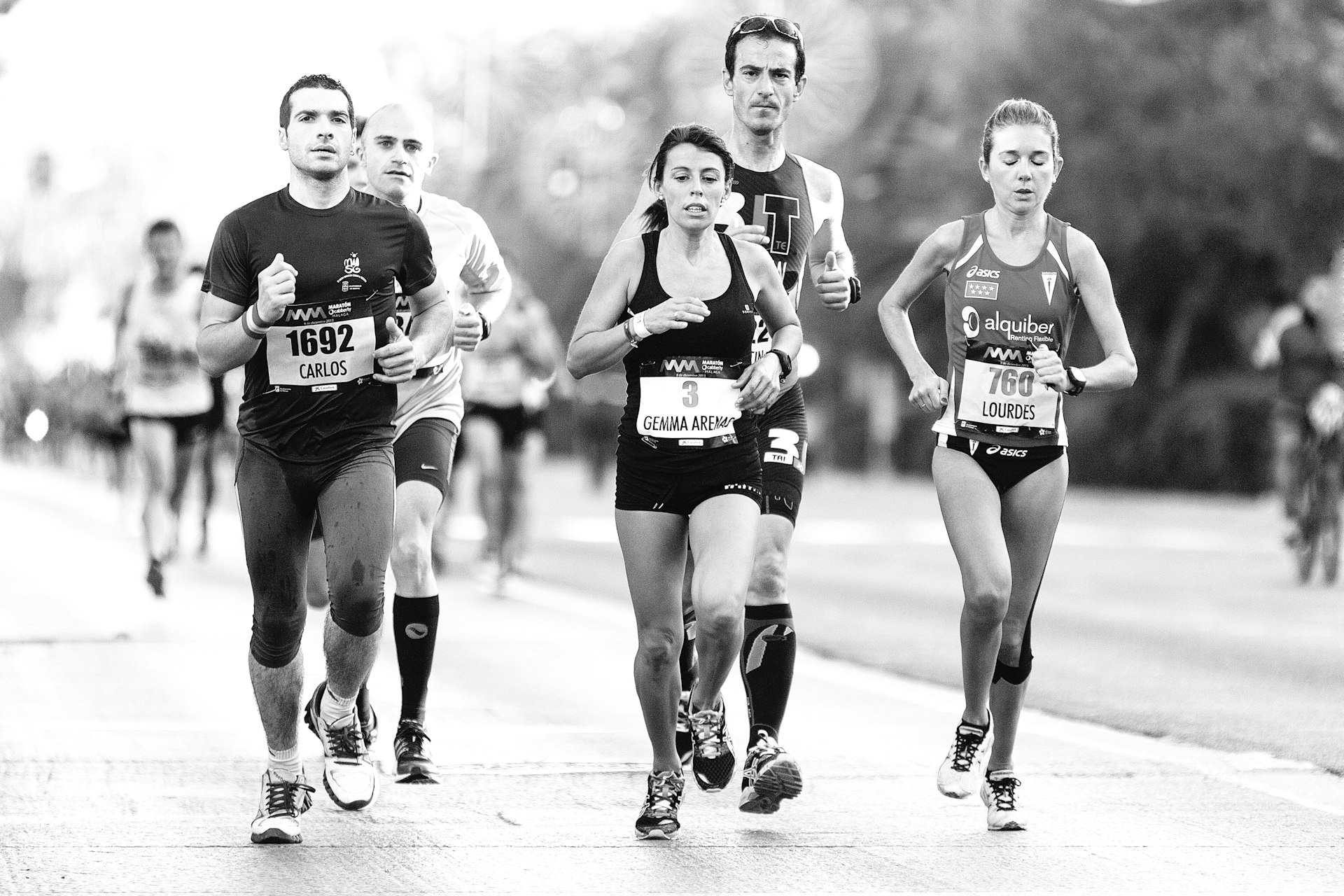Holistic Strategies for Naturally Enhancing Sleep Quality: Evidence-Based Approaches and Practical Guidance

Photo by Klara Kulikova on Unsplash
Introduction: Why Holistic Sleep Improvement Matters
Sleep is fundamental for mental, physical, and emotional wellbeing. Chronic sleep issues, such as insomnia, affect millions and can lead to fatigue, mood disturbances, and increased risk for long-term health problems. While prescription medications offer relief for some, growing numbers seek
holistic approaches to improving sleep quality naturally
, aiming to address root causes through lifestyle, environment, and mind-body interventions. This guide details actionable, evidence-based strategies to enhance sleep naturally, providing practical steps and highlighting potential challenges and alternatives.
Establishing Healthy Sleep Habits
Consistent routines and sleep hygiene form the foundation of natural sleep improvement. Experts recommend:
-
Go to bed and wake up at the same time daily
to reinforce your body’s circadian rhythm. -
Avoid screens
(phones, tablets, TVs) at least 30 minutes before bedtime, as blue light disrupts melatonin production [3] . -
Reserve your bed for sleep and intimacy
-not work or entertainment-to strengthen the mental association with rest [5] . -
Create a relaxing bedtime ritual
like reading, meditating, or listening to calming music to signal your mind that it’s time for sleep [5] . -
Keep your bedroom cool, dark, and quiet
; optimal conditions enhance sleep onset and maintenance.
Practical Steps:
Choose one habit to implement for a week, then gradually add others. If environmental adjustments aren’t possible (e.g., noisy neighbors), try earplugs or white noise machines. For those who travel, portable blackout curtains and sleep masks can help.

Photo by Ahtziri Lagarde on Unsplash
Mind-Body Techniques for Deeper Relaxation
Holistic modalities target the mind-body connection, reducing stress and calming the nervous system before bed.
Mindfulness Meditation
involves focusing on breath and bodily sensations, helping to quiet racing thoughts. Studies show regular mindfulness practice can reduce insomnia symptoms and improve sleep quality
[1]
.
Breathing Exercises
, such as the 4-7-8 technique-inhale for 4 seconds, hold for 7, exhale for 8-activate the parasympathetic nervous system, inducing calm
[3]
.
Yoga and Gentle Movement
can promote relaxation, stretch tense muscles, and align sleep-wake cycles. Gentle poses and stretches are particularly helpful before bed
[1]
.
Practical Steps:
Start with 5 minutes of deep breathing or a guided meditation app each evening. Attend beginner yoga classes focused on relaxation, or follow reputable online videos. Consistency is key-aim for at least three sessions per week for best results.
Potential Challenges:
Some may find meditation difficult due to intrusive thoughts; guided sessions or group classes can help. Others may need to try different techniques (e.g., progressive muscle relaxation, tai chi) to discover what works best for them.
Dietary and Herbal Approaches
Nutrition and supplementation play a role in sleep regulation. Certain foods and herbal supplements are associated with improved sleep, though efficacy varies by individual.
Magnesium
is linked with relaxation and reduced cortisol. Supplementing may help if dietary intake is low, but dosage should be monitored by a healthcare provider to avoid side effects
[2]
.
Melatonin
is a hormone that helps regulate sleep-wake cycles. Supplemental melatonin can support those with circadian rhythm disturbances, but it’s best used under medical supervision due to potential side effects and interactions
[4]
.
Herbal Remedies
such as valerian, hops, chamomile, and Chinese herbal formulations have centuries of traditional use. Modern research shows mixed but promising results for some herbs, especially valerian and chamomile, though quality and purity vary widely
[4]
.
Practical Steps:
Consult a credentialed healthcare provider before starting any supplement. Increase intake of magnesium-rich foods (e.g., leafy greens, nuts, seeds) and consider herbal teas as part of your bedtime ritual. For Chinese herbal medicine, seek care from a licensed practitioner for personalized assessment and treatment
[2]
.
Alternative Pathways:
If supplements are contraindicated due to medical conditions or medications, dietary changes alone may offer benefit. Try incorporating tart cherry juice or foods high in tryptophan (e.g., turkey, dairy) to support melatonin and serotonin production.
Potential Challenges:
Herbal supplements are not regulated to the same standards as pharmaceuticals; quality, dosage, and purity can vary. Always consult a provider and use reputable brands. Side effects, while rare, can include allergies and interactions with medications.
Acupuncture and Acupressure
Acupuncture uses fine needles to stimulate specific points on the body, while acupressure uses manual pressure. Both modalities are designed to balance energy (qi), reduce stress, and promote deep relaxation, making them valuable holistic tools for insomnia and sleep disturbances [2] .
Research suggests acupuncture may increase nighttime melatonin secretion and improve sleep quality, especially for chronic pain sufferers whose discomfort disrupts rest [2] .
Practical Steps:
To explore acupuncture, locate a licensed provider in your area-state medical boards and professional associations can provide referrals. Many insurance plans offer partial coverage for acupuncture; check with your provider. For acupressure, online guides and instructional videos can teach self-massage techniques targeting sleep-related points.
Alternative Approaches:
If acupuncture is unavailable or cost-prohibitive, acupressure can be practiced at home, focusing on points like the “Spirit Gate” (HT7) on the wrist.
Potential Challenges:
Not everyone may experience immediate benefits; regular sessions are often needed. Some may feel apprehensive about needles-acupressure is a gentle alternative.
Aromatherapy and Environmental Adjustments
Aromatherapy
uses plant-based essential oils to promote relaxation and sleep. Lavender oil, in particular, is widely used for its calming properties, though research results are mixed and may depend on mode of application
[3]
.
Other strategies include maintaining a comfortable sleep environment-cool, dark, and quiet-and finding a preferred sleeping position, such as side-sleeping, which many report as the most comfortable for uninterrupted rest [3] .
Practical Steps:
Diffuse lavender or chamomile oil in the bedroom 30 minutes before sleep, or apply diluted oil to pulse points. Invest in blackout curtains, earplugs, or a white noise machine. Experiment with pillows and mattresses to find optimal comfort.
Alternative Pathways:
If essential oils are irritating or not preferred, try herbal sleep sachets or unscented comfort items. Environmental enhancements-such as air purifiers or humidifiers-may further support a restful atmosphere.
Potential Challenges:
Sensitive individuals may react to fragrances; always test oils first and opt for high-quality, pure products. Environmental changes may require some investment but can lead to significant improvements in sleep quality.
Exercise and Physical Activity
Regular exercise boosts natural sleep hormones like melatonin and helps regulate the sleep-wake cycle [5] . Morning or early afternoon workouts are ideal, as late-night exercise can be stimulating.
Practical Steps:
Aim for at least 20-30 minutes of brisk walking, yoga, or cycling most days. Exposure to daylight during exercise further reinforces circadian rhythms. If mobility is limited, chair exercises or gentle stretching routines still provide benefit.
Potential Challenges:
Overexertion can cause fatigue and disrupt sleep; balance activity with rest. Gradually build intensity and duration to avoid injury.
Accessing Professional Support and Resources
For persistent sleep issues, professional guidance is recommended. Cognitive Behavioral Therapy for Insomnia (CBT-I) is a highly effective, holistic intervention that retrains thought patterns and behaviors around sleep [1] . To access CBT-I:
- Search for “CBT-I providers” or “sleep therapists” through your healthcare network or major hospital systems.
- Ask your primary care provider for a referral.
- Many therapists now offer virtual sessions for convenience.
If interested in herbal medicine or acupuncture, seek out practitioners with appropriate credentials. Look for providers registered with state medical boards or professional organizations. When considering supplements, consult with your physician or a licensed integrative medicine practitioner to ensure safety and efficacy.
Summary and Key Takeaways
Holistic sleep improvement relies on a combination of lifestyle changes, mind-body practices, dietary adjustments, and professional support. Begin with foundational habits, add relaxation techniques, experiment with dietary and environmental modifications, and seek expert guidance for persistent concerns. Remember that results may vary and consistency is essential. With patience and targeted effort, restful and rejuvenating sleep is possible through natural, holistic means.
References
- [1] Sleep Foundation (2025). Natural cures for insomnia: From acupressure to yoga.
- [2] Allina Health (2025). How to get better sleep naturally with holistic methods.
- [3] Medical News Today (2024). 21 ways to fall asleep quickly and naturally.
- [4] National Institutes of Health PMC (2024). Herbal and natural supplements for improving sleep: A literature review.
- [5] Harvard Health (2023). 8 secrets to a good night’s sleep.
MORE FROM weirdsearch.com













